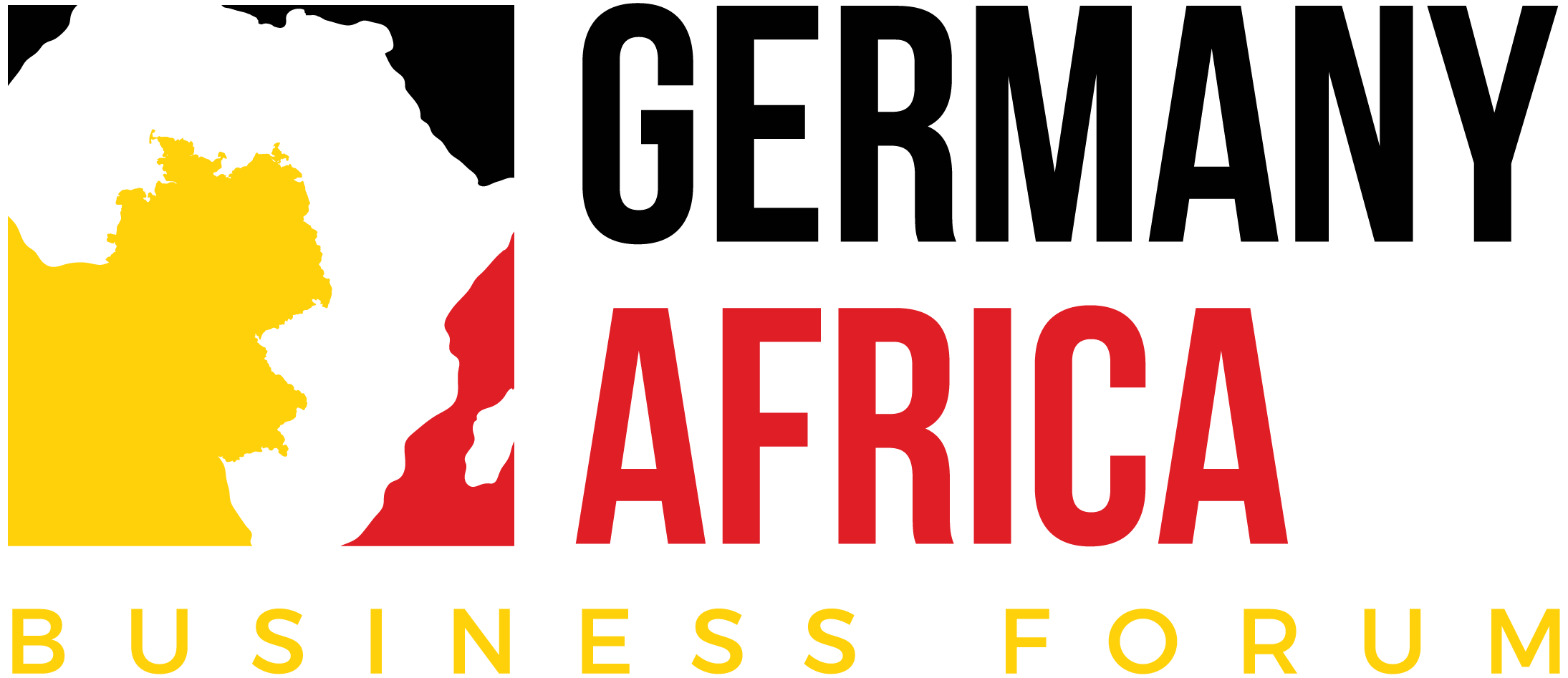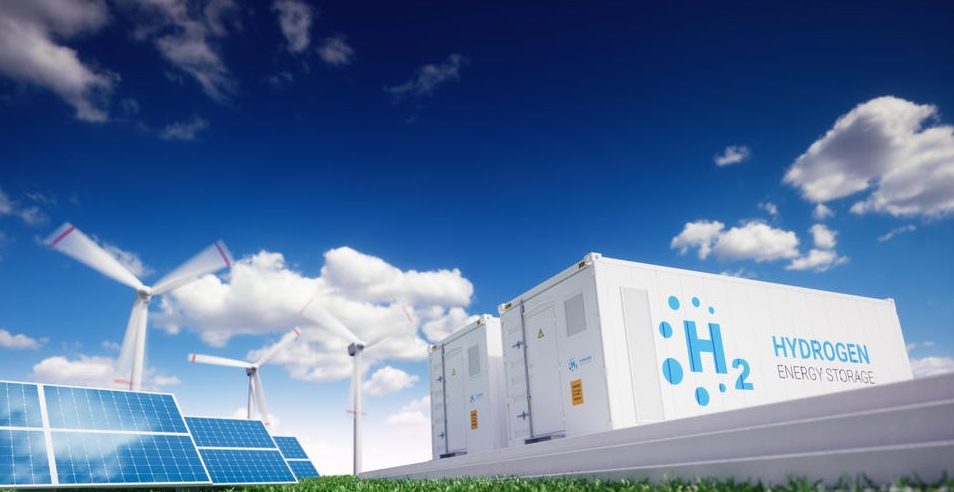The Germany Africa Business Forum (GABF) successfully hosted the European pavilion at the African Energy Week (AEW) 2021 in Cape Town. The GABF managed to bring together a mix of different players from the European energy industry. Thus, “big players” like Siemens and Mazars, medium-sized companies like SustainPower, but also start-ups like (B) Energy were represented with booths in the pavilion. The main topic of the event was the fight against energy poverty on the African continent and which measures are important to ensure that every African has access to a reliable energy supply in the future.
An important step in this process is to involve the African youth. On Day 2 of the conference, Jessica Stang, GABF’s Community Manager, discussed the challenges and opportunities for the future of Africa’s energy sector on the “Youth in Energy” panel. “It’s highly important to build renewable energy that can meet new challenges like climate change. But it is also of great importance in this context that renewable energies must also build an industry in Africa, such as local manufactories, so that jobs can also be generated for the youth in a sustainable way,” said Jessica Stang.
Moreover, Günter Nooke, Africa representative of the Federal Chancellor Angela Merkel, emphasized in his two speeches the importance of renewable energies, in order to fight the energy poverty in Africa climate neutral. Shortly after COP26, there was of course a great deal of discussion about how to meet the energy demand, while producing green energy.
To further promote this dialogue, NJ Ayuk, Executive Chairman of the African Energy Chamber, announced on the last day of the conference that he would initiate a “Green Energy Dialogue” at the African Energy Week 2022 to discuss these issues in more detail.
The GABF had already discussed the challenges of the energy transition in Africa at an informal VIP lunch in Cape Town this year. Under the topic “European Energy Transition – A blueprint for Africa?”, the GABF joined experts from Germany, South Africa, Norway, Nigeria, and France to discuss what lessons could be learned from the European energy transition, but also how to apply them in the African context.
“What we could take away from our debate is that there is no blueprint for the energy transition. You must learn from history and offer African solutions for African problems, keeping in mind the specificities of each country. We at GABF are very grateful that it was again possible to exchange ideas in real life and to gather new input for next year’s work,” concluded Jessica Stang.

